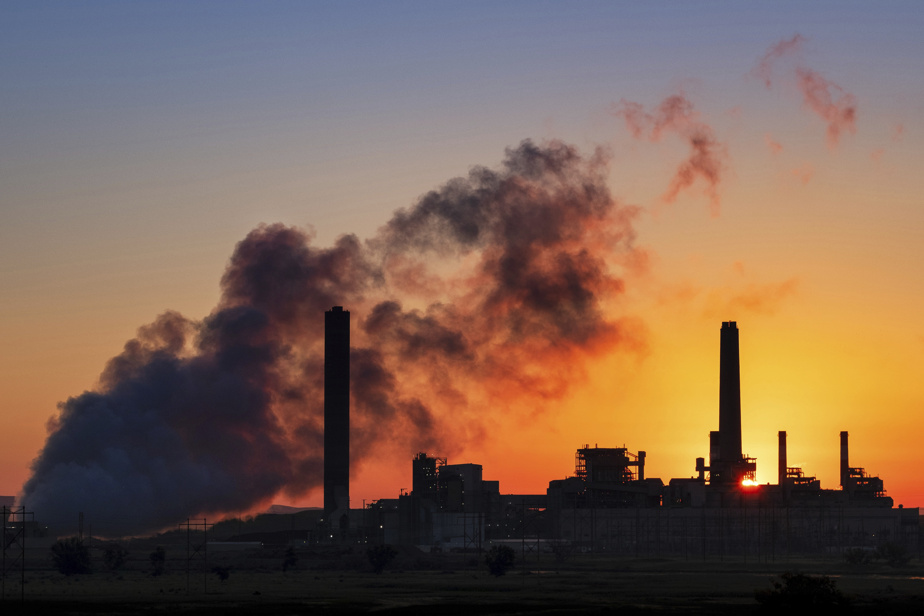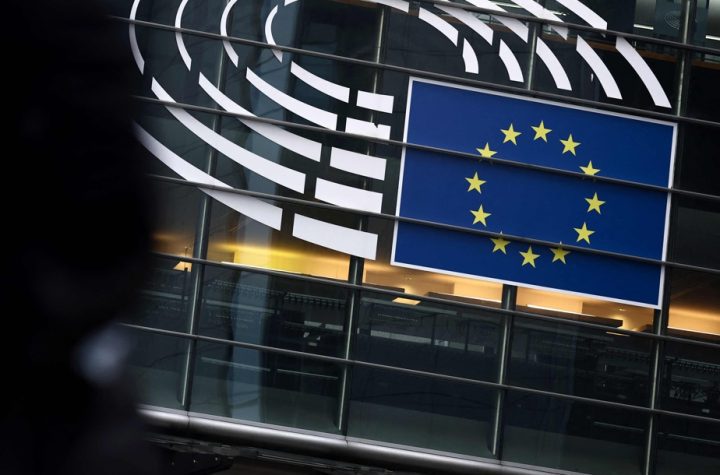
(PARIS) The world’s fossil fuel reserves are equivalent to 3.5 trillion tons of greenhouse gases that would be released if used and undermine international climate goals, according to an unprecedented list published Monday.
Posted at 7:07 pm yesterday.
This extraordinary amount corresponds to what would be released into the atmosphere if oil, gas and coal reserves were fully produced and used, according to this global register created by Carbon Tracker and Global Energy Monitor.
This is “more than all the emissions produced since the industrial revolution” and “more than seven times the carbon budget left to meet the 1.5°C temperature limit,” the authors say. This concept of carbon “budget” refers to the amount of CO2 can be issued for a given outcome, in this case the highly ambitious goal of the Paris Climate Agreement.
Warming since the industrial age, fueled by fossil fuels, has already reached 1.1°C, leading to a series of disasters.
The International Energy Agency (IEA) last year suggested that any new oil or gas project should be abandoned in order to slow down demand and keep global warming under control.
The registry – which contains data on more than 50,000 sites in 89 countries – aims to provide politicians and civil society with the data they need to manage a gradual exit from these fossil fuels.
Notably, the ledger shows that the United States and Russia have enough fossil fuel reserves to blow the entire global carbon budget, even if all other countries stopped production immediately. It also identifies the world’s most powerful source of emissions: the Ghawar oil field in Saudi Arabia.
“The Global Registry will help governments, companies and investors make decisions to align their fossil fuel production with the 1.5° temperature limit and thereby prevent the disappearance of our islands,” emphasized Tuvalu’s Minister of Foreign Affairs, Simon Coffey. One of the Pacific archipelagos due to rising waters and global warming.
“We now have a tool to help effectively end coal, oil and gas production,” he hoped in a statement accompanying the registry’s release.








